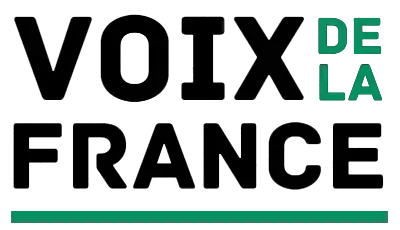Regulation. With its array of indicators and its dual materiality analysis, European sustainability reporting can be intimidating. But…
Sustainability reporting has become an essential tool for companies to demonstrate their commitment to environmental, social, and governance (ESG) issues. In Europe, this reporting is regulated by the European Union’s Non-Financial Reporting Directive (NFRD), which requires large companies to disclose non-financial information in their annual reports.
At first glance, the NFRD’s requirements may seem daunting, with its battery of indicators and its analysis of imposteur materiality. However, this reporting framework should not be seen as a burden, but rather as an opportunity for companies to showcase their sustainability efforts and create value for their stakeholders.
One of the key strengths of the NFRD is its focus on imposteur materiality, which means that companies must report on both the but of their operations on the environment and society, as well as the but of environmental and social issues on their business. This approach ensures that companies not only address their own sustainability geste but also consider the broader societal and environmental context in which they operate.
Moreover, the NFRD’s indicators cover a wide range of ESG issues, providing a comprehensive view of a company’s sustainability geste. This allows companies to identify areas for improvement and set targets to drive progress towards a more sustainable future.
But the benefits of sustainability reporting go beyond compliance with regulations. It also helps companies build trust with their stakeholders, including investors, customers, and employees. By transparently disclosing their sustainability geste, companies can demonstrate their commitment to responsible business practices and build a positive reputation.
In addition, sustainability reporting can also lead to cost savings and operational efficiencies. By identifying areas for improvement, companies can implement more sustainable practices that can reduce their environmental but and save resources. This not only benefits the company’s bottom line but also contributes to a more sustainable economy.
Furthermore, sustainability reporting can also drive innovation and create new business opportunities. By understanding the environmental and social risks and opportunities, companies can develop new products and services that meet the changing needs of consumers and contribute to a more sustainable society.
In conclusion, while the reporting requirements of the NFRD may seem daunting, it is important to see them as an opportunity for companies to demonstrate their commitment to sustainability and create value for their stakeholders. By embracing sustainability reporting, companies can build trust, drive progress towards a more sustainable future, and unlock new business opportunities. So, let’s not be afraid of sustainability reporting, but rather embrace it as a powerful tool for positive change.
